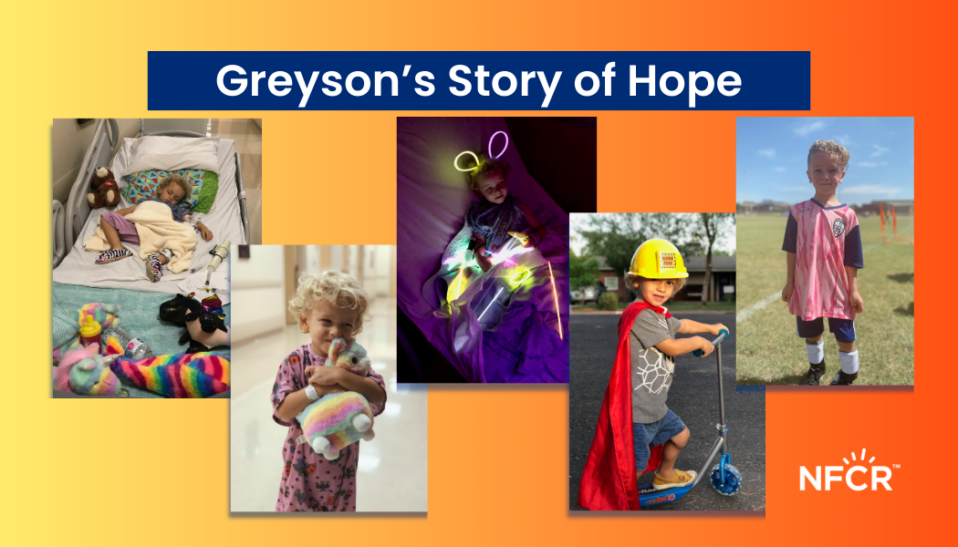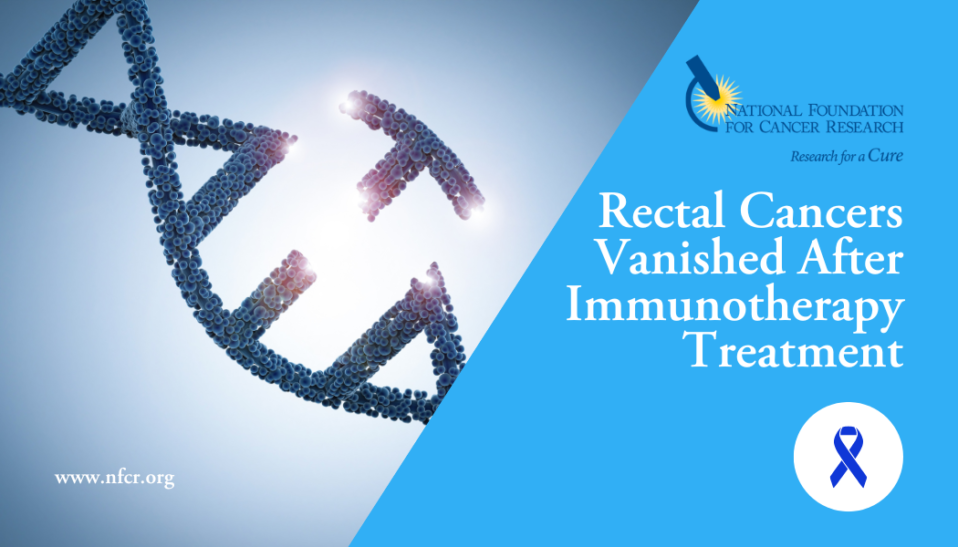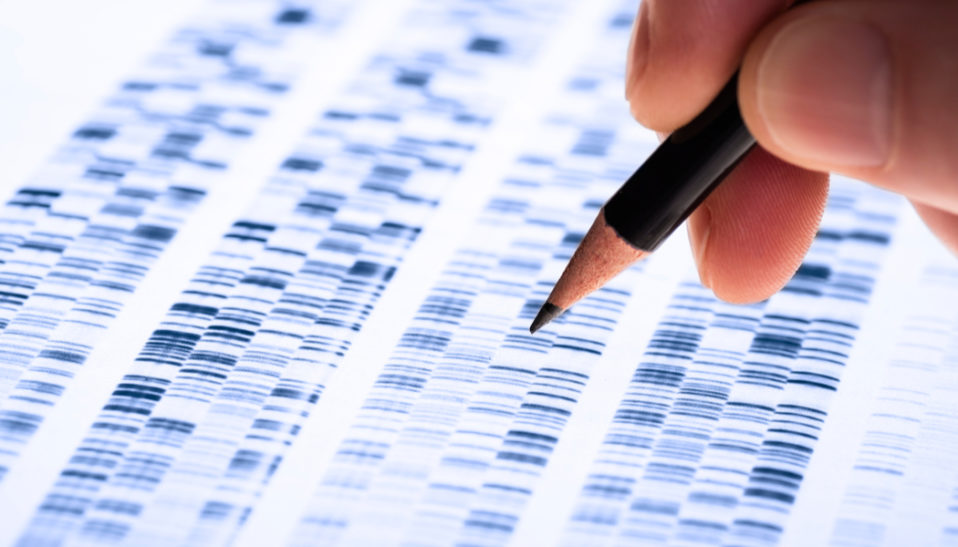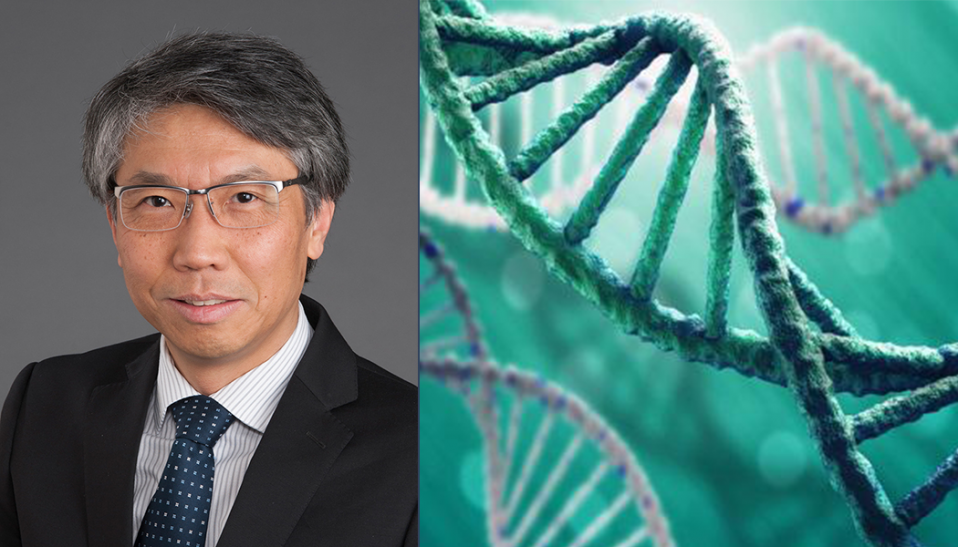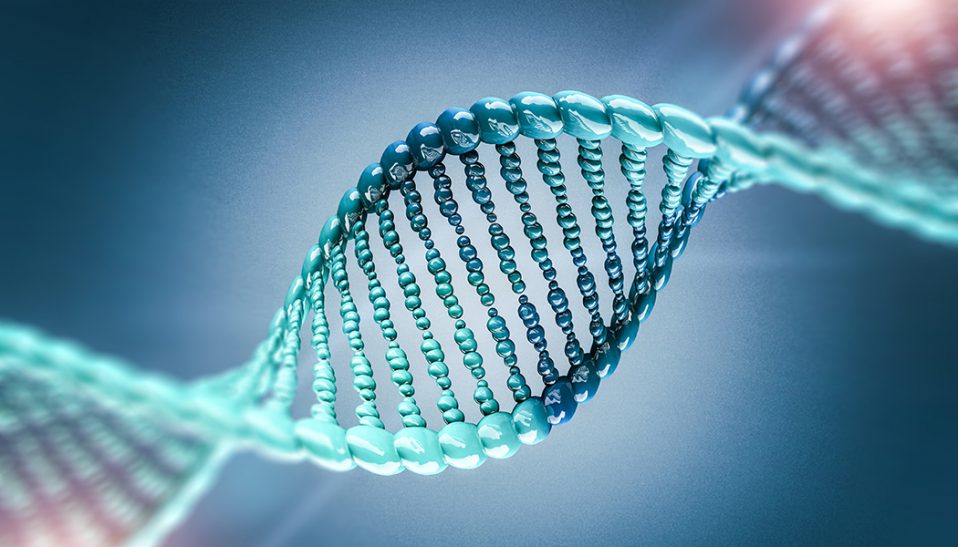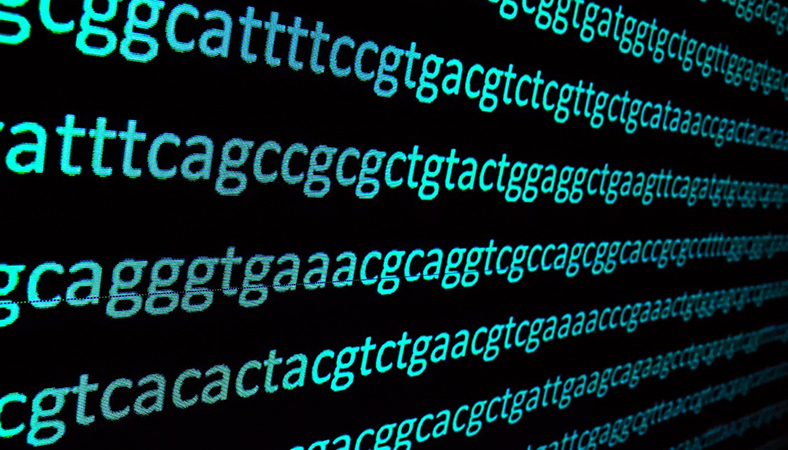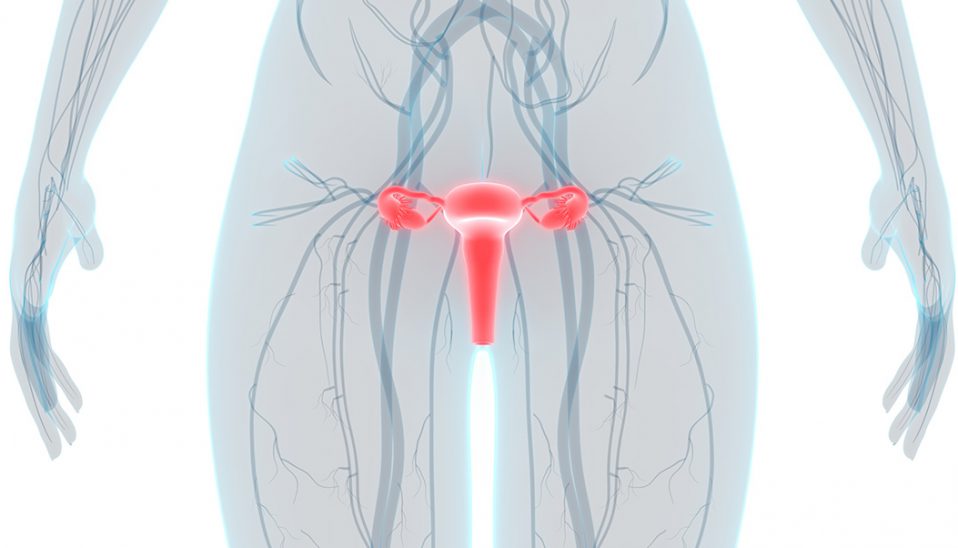Free Cancer Screening Guidelines
Breakthrough: Single-Cell Sequencing
Genomics, the branch of molecular biology concerned with the structure, function, evolution, and mapping of an individual’s genes, is already revolutionizing the way medicine treats cancer. Like many sciences, genomics has “niches;” single-cell genomics is a rapidly developing field, and current technologies can assay a single cell’s gene expression, DNA…...
Cancer Genomics Research: A Young and Exciting Field
Genomics is an interdisciplinary field of science focusing on the structure, function, evolution, mapping and editing of genomes, which itself is a specific organism’s complete set of DNA, including all of its genes. While DNA was first isolated in 1869, and its structure identified in 1953, genomes were not first…...
Cancer and Genomics: A Primer
In 2017, genetic researchers in the United Kingdom introduced a powerful new mechanical tool in the growing field of genomics which may guide the way to new cancer treatments. The high-tech genome sequencer, the Illumina NovaSeqTM 6000, was unveiled at The Institute of Cancer Research (the ICR) in London. “It…...
- 1
- 2



